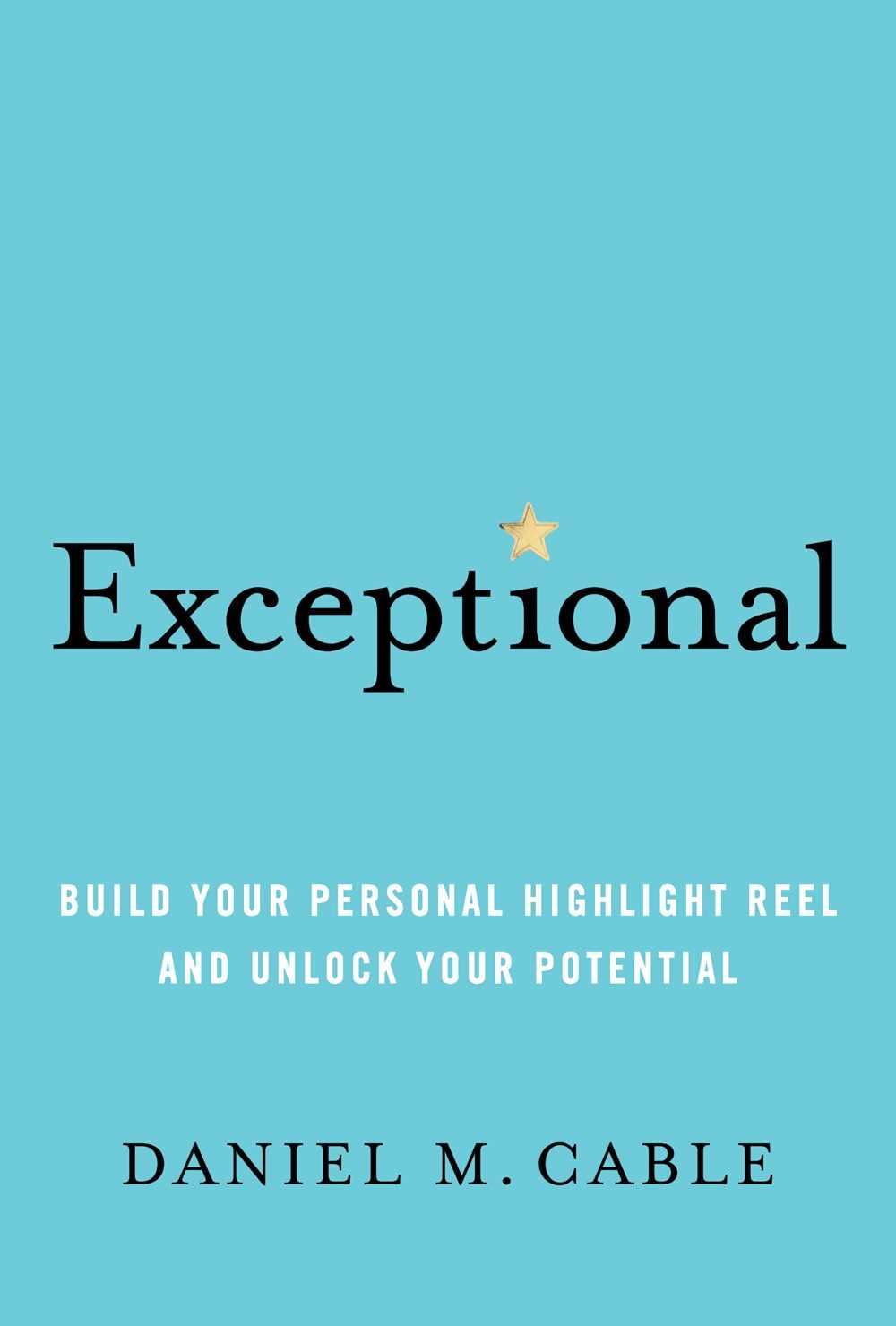
Our negativity bias explains things great and small: why countries blunder into disastrous wars, why couples divorce, why people flub job interviews, why we are all so inept at giving criticism, why football coaches stupidly punt on fourth down. All day long, the strength of bad governs people's moods, drives marketing campaigns, and dominates news and politics throughout the world. Eminent social scientist Roy F. Baumeister stumbled upon this negativity bias phenomenon unexpectedly. Experiments had shown that financial losses mattered more to people than financial gains, and that bad impressions lasted longer than good impressions. To find out why, Baumeister started by looking for situations in which good events had a stronger impact than bad ones. But he and his team couldn't find any. All of their experiments proved that bad is stronger than good. And Baumeister's groundbreaking paper "Bad Is Stronger Than Good" is one of the most frequently cited in all of the social sciences. Even though we've been conditioned to think positive, we are wired to respond more powerfully to bad--and so we fear bad feedback of all stripes. Evolutionarily, this makes perfect sense, which is why the bias is as innate as our fight or flight reflex. But in the modern era, the power of bad is a handicap. The steady diet of bad news we experience in the 21st century makes us feel helpless and eager to catastrophize, as evidenced by the soaring rates of anxiety, depression and suicide, especially among young people. In fact, you're most affected by the power of bad during your younger years, when you most need to learn. But we can all train our brains to recognize our phobia of bad and fight back with our rational minds. In fact, bad news, bad breaks, and bad feelings are the most powerful tools we have to get better. Once we strip out our emotional response to negative inputs, we have perspective to think more effectively about the future, recast unhealthy patterns, and improve less than ideal conditions. As Baumeister and Tierney show us in several different realms, we can use smart strategies from new science to reframe setbacks. Instead of striving to be a perfect parent or partner, you can concentrate on avoiding the basic mistakes that matter more than your good deeds. Once you appreciate the negativity bias, you can become better not just at tolerating criticism but also at dispensing it. You'll also find there are advantages to being in a bad mood, like an improved memory. By breaking bad's hold over us, we can use the power of the negativity bias to our own ends in relationships, business, and personal growth. Properly understood, bad can be put to perfectly good use.
- Publisher: Penguin Press
- Publication date: 31/12/2019
- ISBN: 9781984879172
- Page extent: 336
- Format: Paperback
- Dimensions: 237 mm x 155 mm











